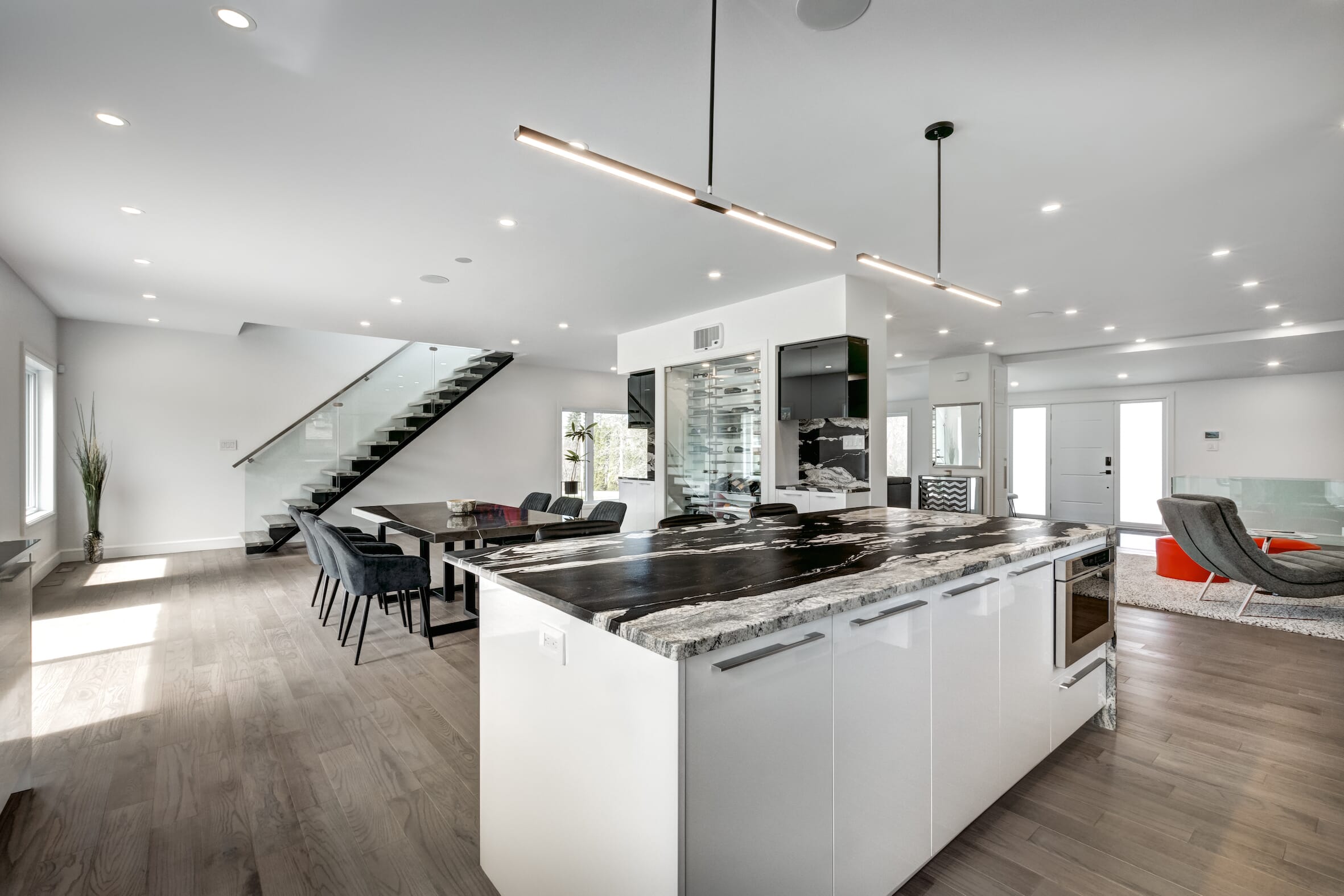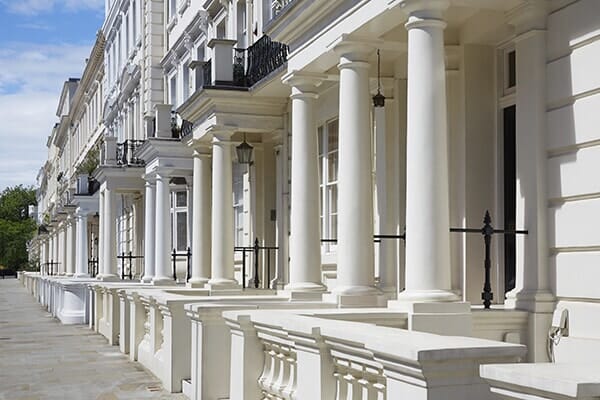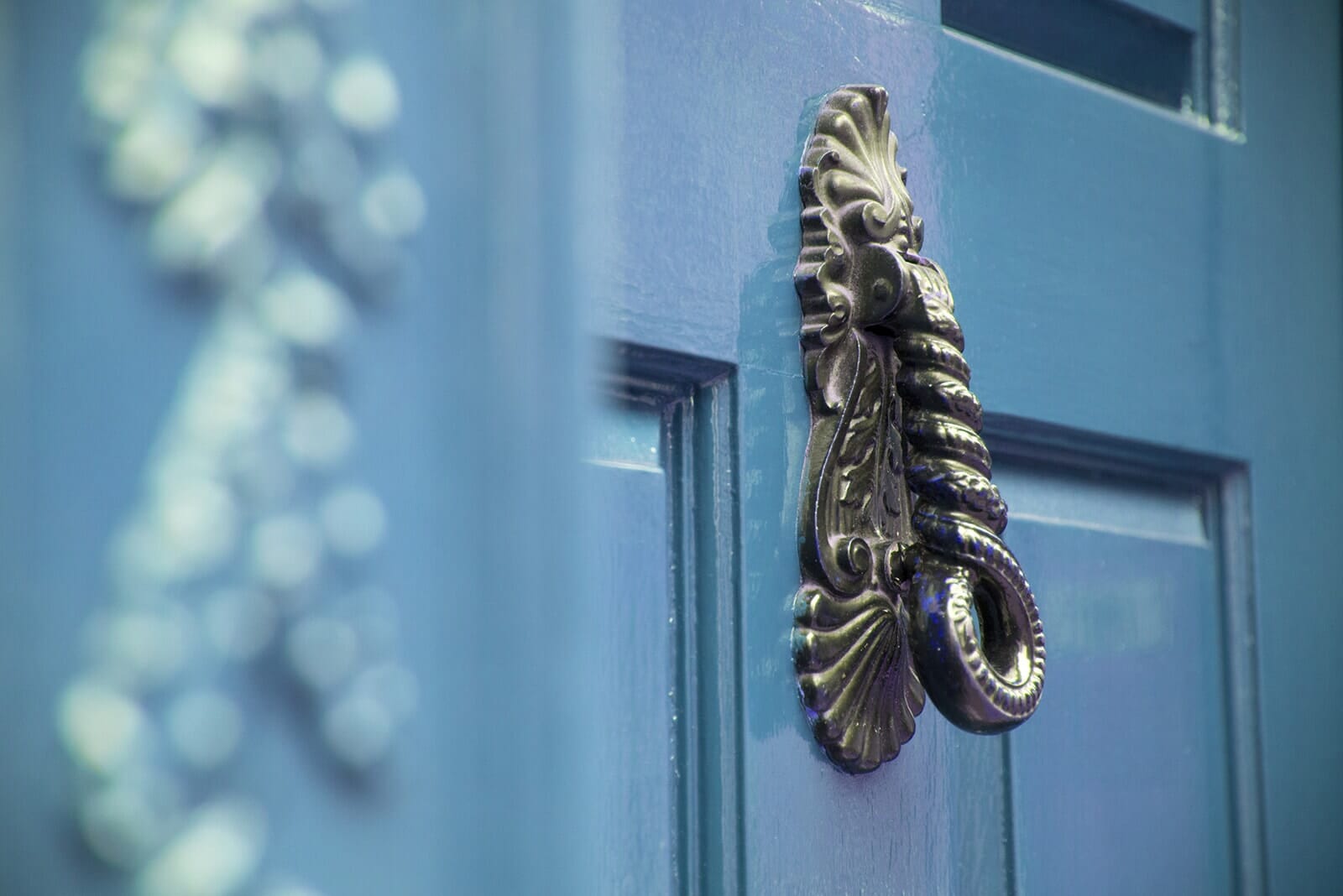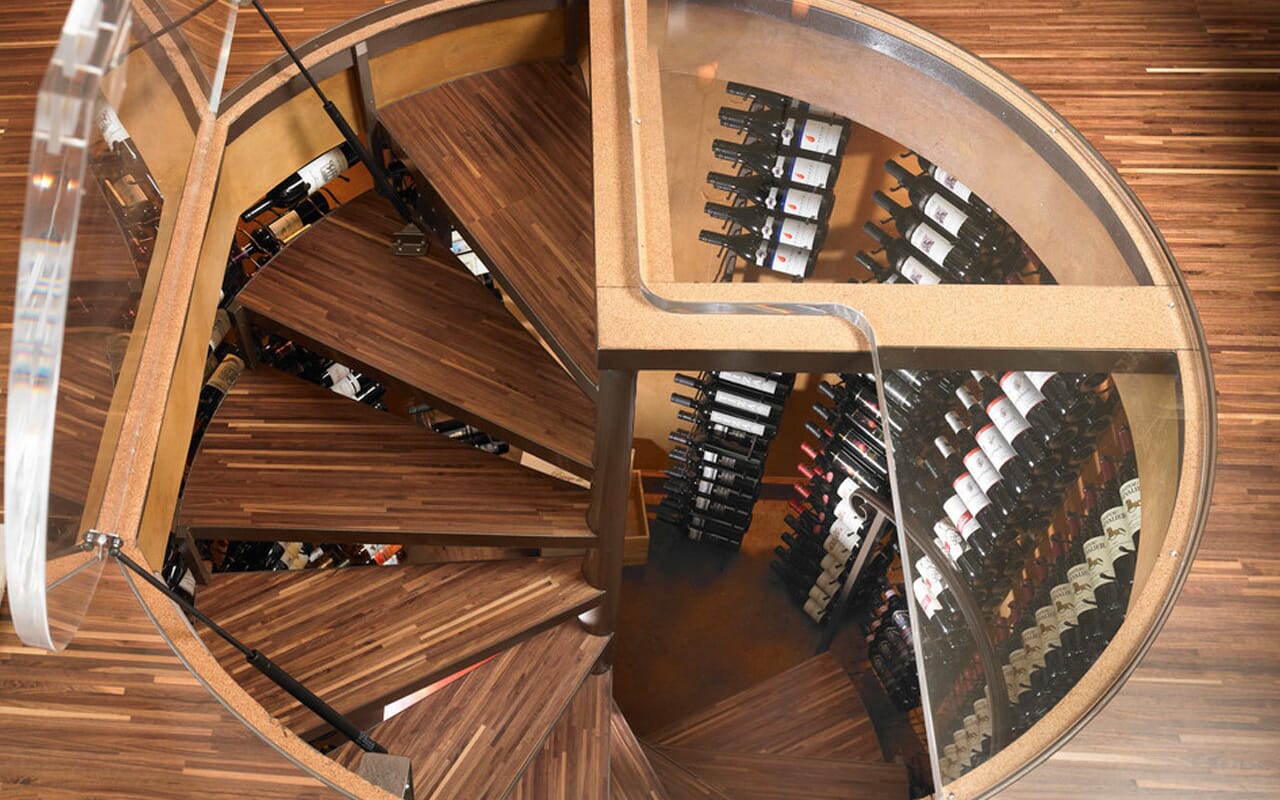
Top tips on renovating a period property
So, you’ve got the dream house in the country, you’ve secured more space for you and the family, and you’re away from those nasty city-dwelling germs. That’s the good news. However, you may by now have realised that transforming large, draughty homes in rural Britain requires a certain level of resilience, even more so if your period property is listed as well…
But, before you down tools in despair, that’s not to say that you can’t transform your country pad into a comfortable, modern home – the most successful renovations are those that are carried out sympathetically, enhancing the existing character of the property, and enhancing the integrity of the property’s structure.
If you’re considering renovating your period property, here are our top tips of things to think about before calling in the builders:
Live with it: like any new relationship, it takes time to get to know each other. It can be tempting to start ripping up floorboards, knocking down walls or tearing off wallpaper straight away, to put your stamp on your new home, but waiting a few weeks, even months, will pay off in the end. Use the time to find out all those little quirks about the house that aren’t specified on the estate agent’s particulars – which room is best for early morning sunshine, where you might catch the last rays of the setting sun, how the light works at different times of the day, and even which rooms you are naturally drawn to as a family.
Don’t rush: once you’ve got to know your pad a bit better, you can start making preparations to renovate. But again, don’t rush through this bit. Check out what planning permissions you need, talk to the neighbours about your ideas, and put out feelers for recommended specialists in the area. Think about the time of the year and how this might affect your build project, and make sure you plan to do all renovations in the right order – if you’re doing roof repairs or basement dig outs, you want to try to avoid the damper months and you certainly don’t want trades people tramping muddy footprints over your newly fitted carpets!
Budget more: it can’t be said enough – always over-estimate when it comes to budgets. You can get a rough idea by working out a cost per square metre but these figures will only be a very basic ball-park figure. They don’t allow for time delays and it goes without saying that most period properties come with additional, unforeseen challenges. If you’ve budgeted to spend at least a third over your initial estimate, then that should see you through any major hiccups.
Call in the experts: working on period properties, and especially listed properties, requires specialist knowledge and skills. Using the right techniques will ensure that not only the character of the property remains intact, but also the structural integrity remains undamaged too. Traditional techniques such as lime plastering and stone slate roofing will help to prolong the life of the building, so while the initial outlay may seem steep, it could save you money in the long run. And bear in mind that when it comes to listed buildings, it may also be a requirement of the planning consent to use certain materials and techniques.
Be flexible: once you’ve found your builders, had your designs drawn up and plans approved, you may think that’s the hard work over. In fact, it’s just beginning! Things may not happen as quickly as you were expecting, and there may be all sorts of other constraints that you come up against. This is where a good project manager is worth their weight in gold – he or she will keep the project running smoothly, keeping on top of the timeline and making sure things are happening in the right order to the right design. That leaves you free to focus on all the nice things such as the paint colour and bathroom fittings!
At Property Conservation Co, every client is given a dedicated project manager who will work with you to keep your build running smoothly. We have a team of in-house experts who can renovate period and listed properties to the highest standard, all inclusive of our initial quote price.

Author: Peter Little (CEO)
This article was first published on 8th October 2021
(Updated 22nd November 2024)
Experts in sympathetic period property restoration
Get a FREE initial quote

